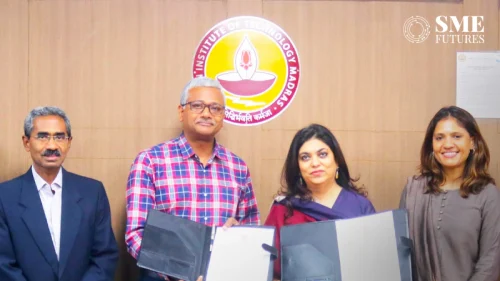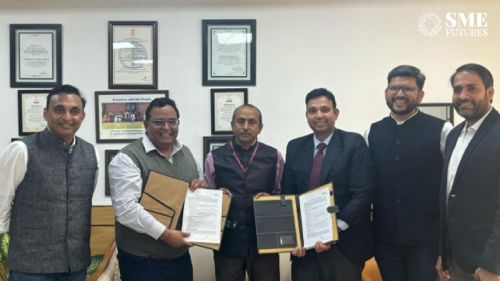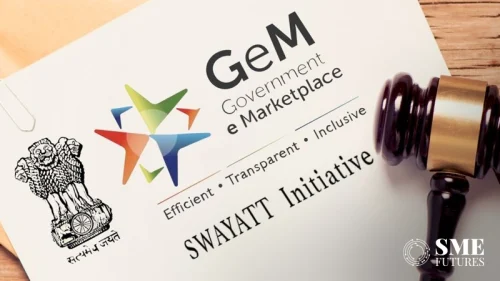An advisory committee, set up by Paytm owner One97 Communications after the Reserve Bank’s action on its payments bank business, is at a stage of engagement with the company on matters related to the terms of reference for the panel, the panel’s head and former chairman of Sebi M Damodaran said.
“We have been engaging with the group on matters relating to the Advisory Committee’s terms of reference,” Damodaran said on Sunday in response to a query about his engagement with Paytm.
He said that the panel members are external advisors and at present Paytm is engaged in dealing with the RBI.
On January 31, the RBI asked PPBL (Paytm Payments Bank Ltd) to stop further deposits, credit transactions, or top-ups in any customer accounts, prepaid instruments, wallets, FASTags, and National Common Mobility Cards, after February 29. Later, the central bank extended the deadline till March 15.
Paytm on February 9 announced setting up of a group advisory committee headed by Damodaran. The committee was set up to advise the company on strengthening compliance and on regulatory matters.
Meanwhile, the Reserve Bank on Friday asked the National Payments Corporation of India (NPCI) to examine the possibility of migrating Paytm Payments Bank customers using the UPI handle ‘@paytm’ to 4-5 other banks, in a bid to prevent any disruptions in the payment ecosystem.
Damodaran was speaking at the release of his biography ‘The Turmeric Latte’ compiled by one of his former colleagues.
During a panel discussion at the event, when he was asked about his views on the functioning of Sebi at present, Damodaran said the capital markets regulator has bandwidth problems with respect to the large amount of issues that it has to handle.
“Sebi has a huge challenge. The bandwidth seems inadequate to tackle the large number of issues that they have to tackle. In the process, it sometimes feels like they are biting more than they can chew,” Damodaran said.
The book, curated by former Tripura cadre IAS officer Dinesh Tyagi who last served as Managing Director of CSC E-Governance, has contributions from former colleagues of Damodaran including former mines secretary Sushil Kumar.
The book also mentions about “threats” received by Damodaran, when he was the joint secretary in the information and broadcasting ministry, for some decisions taken by him.











